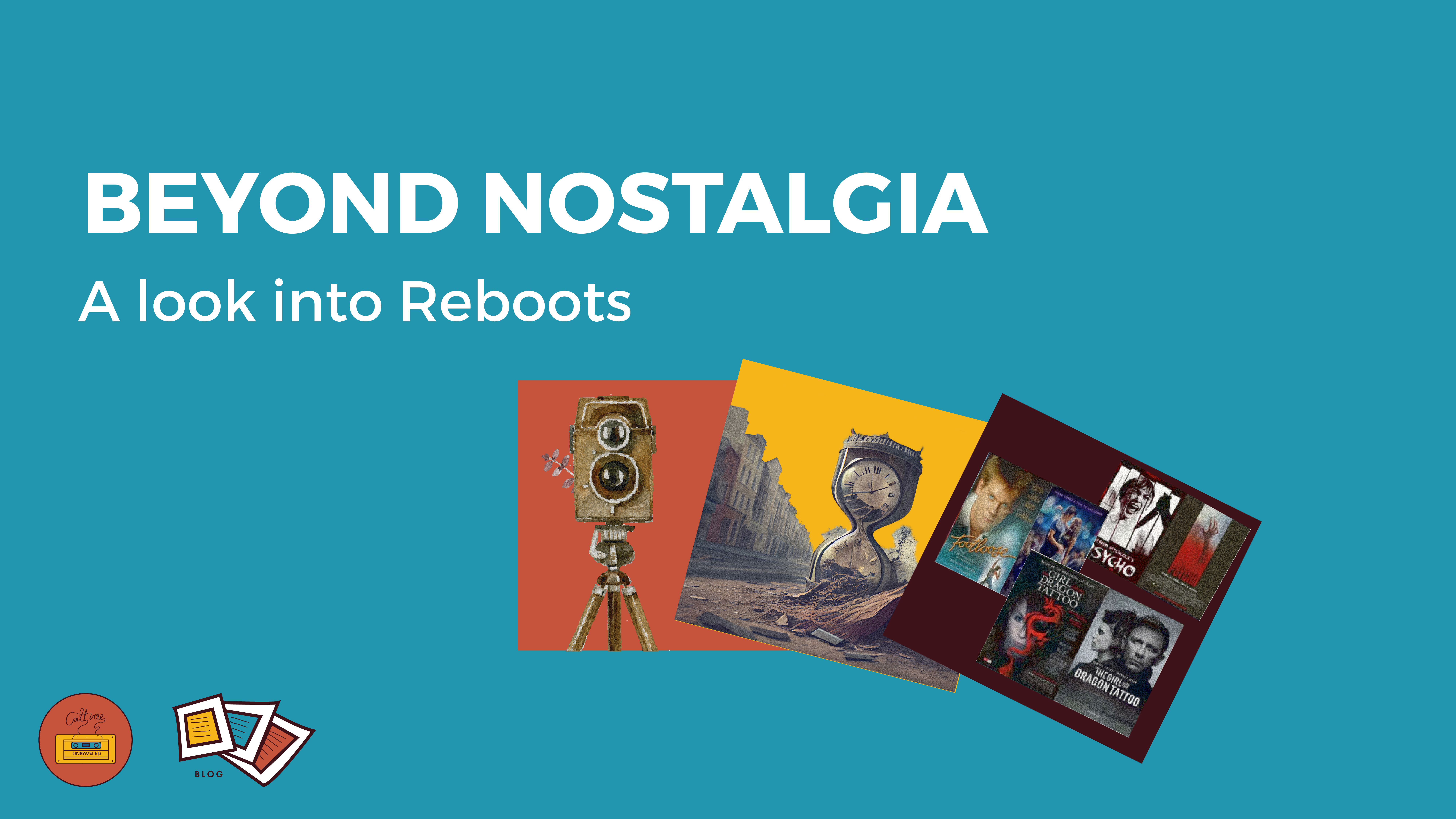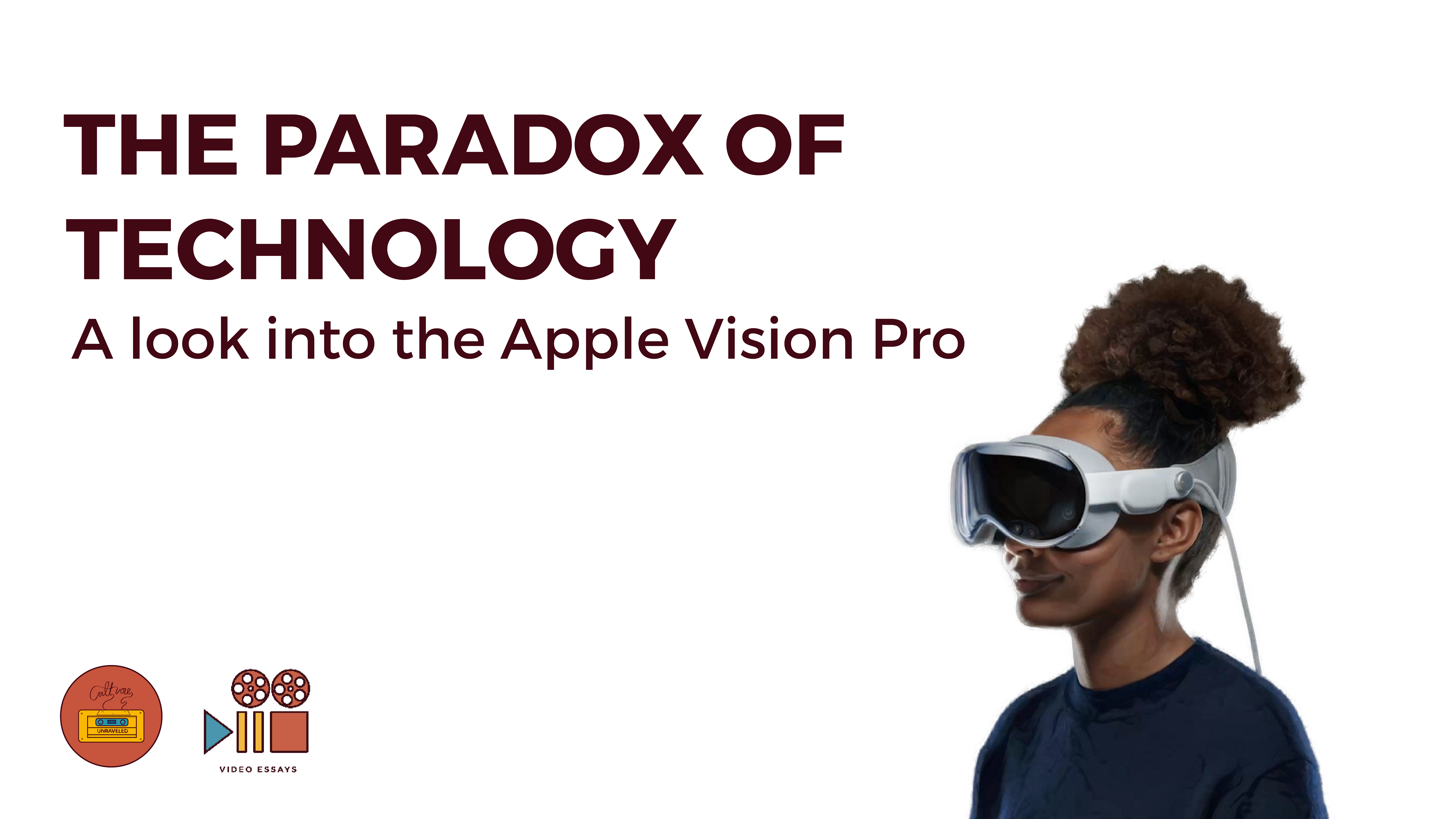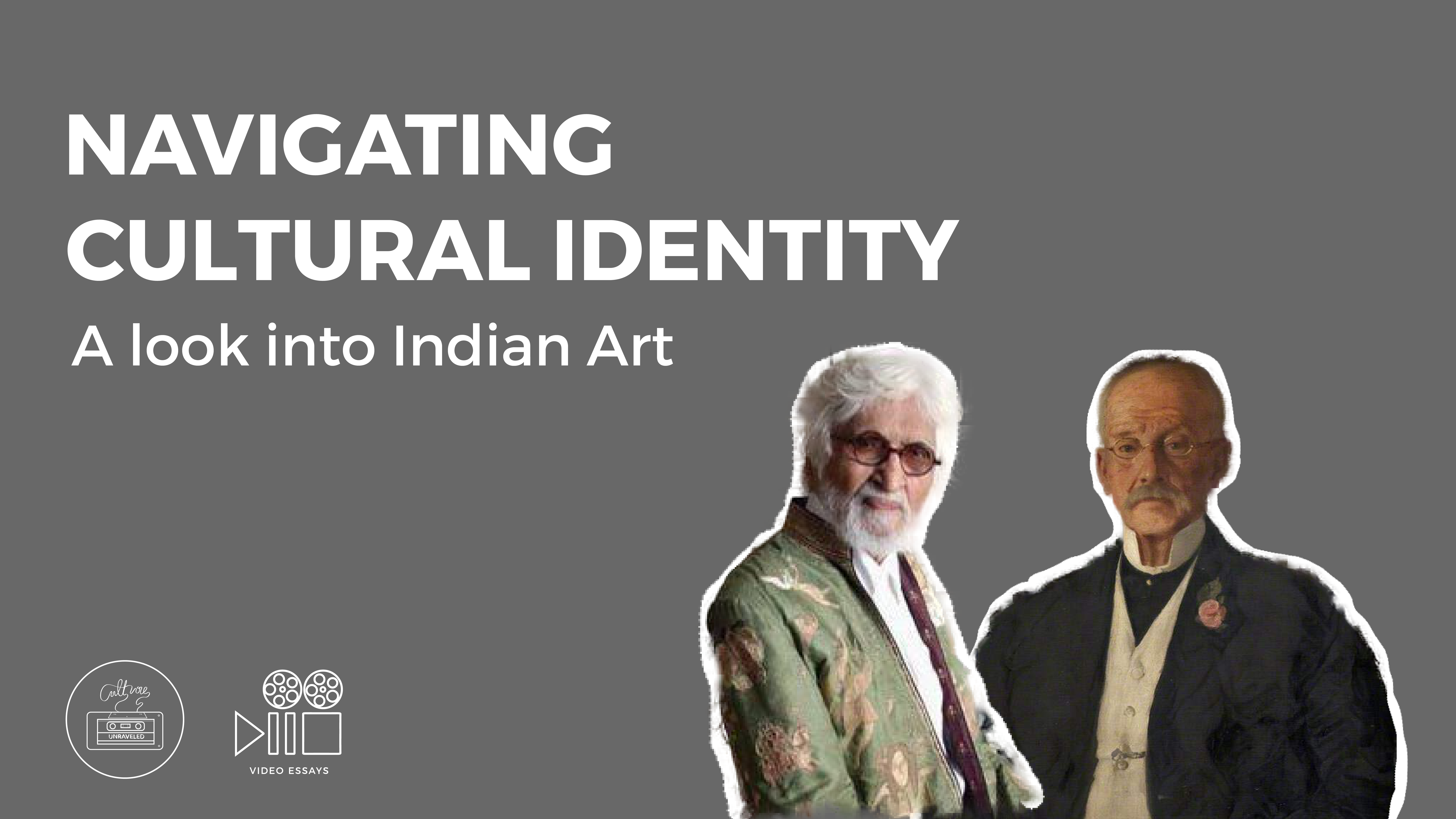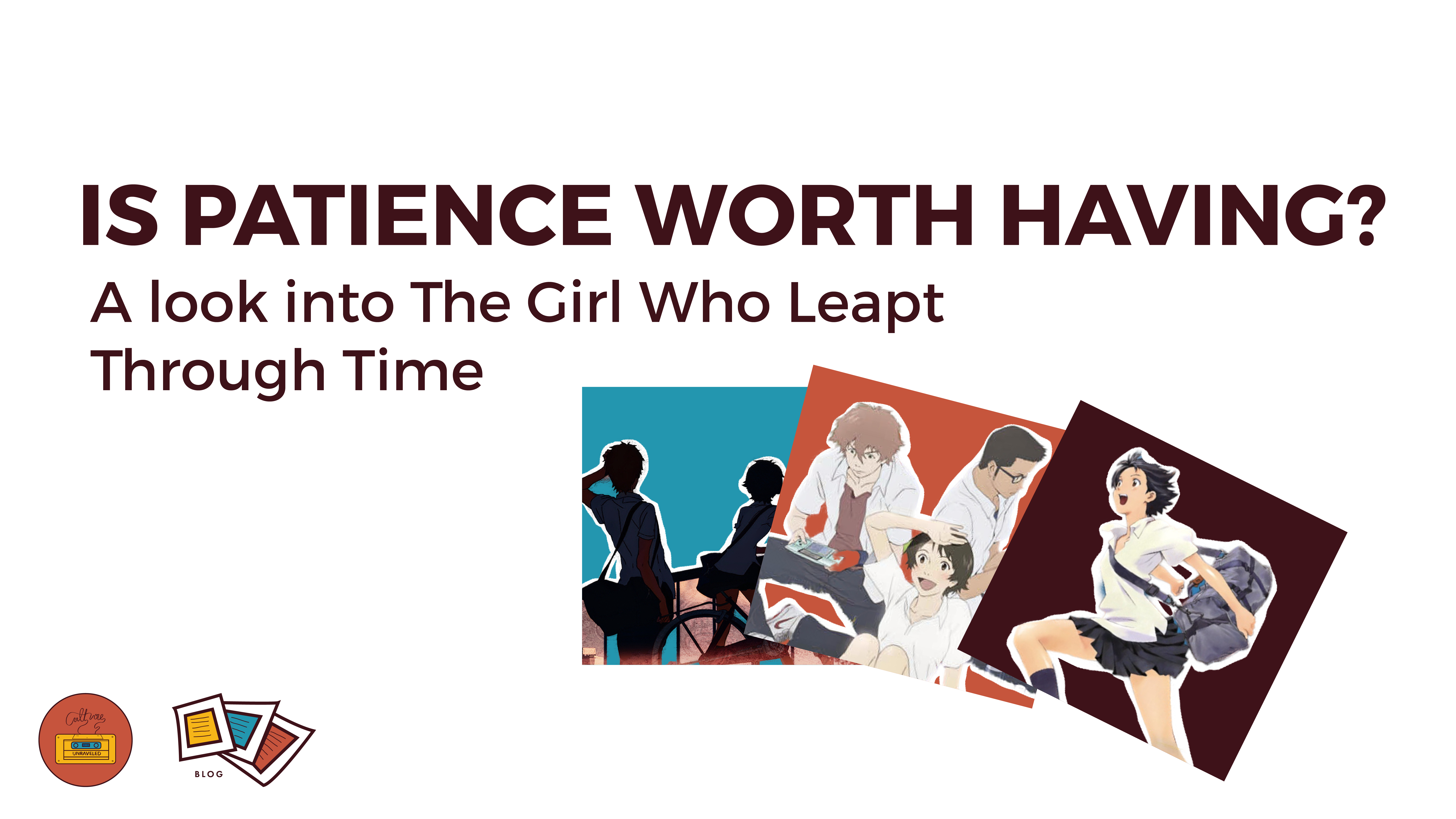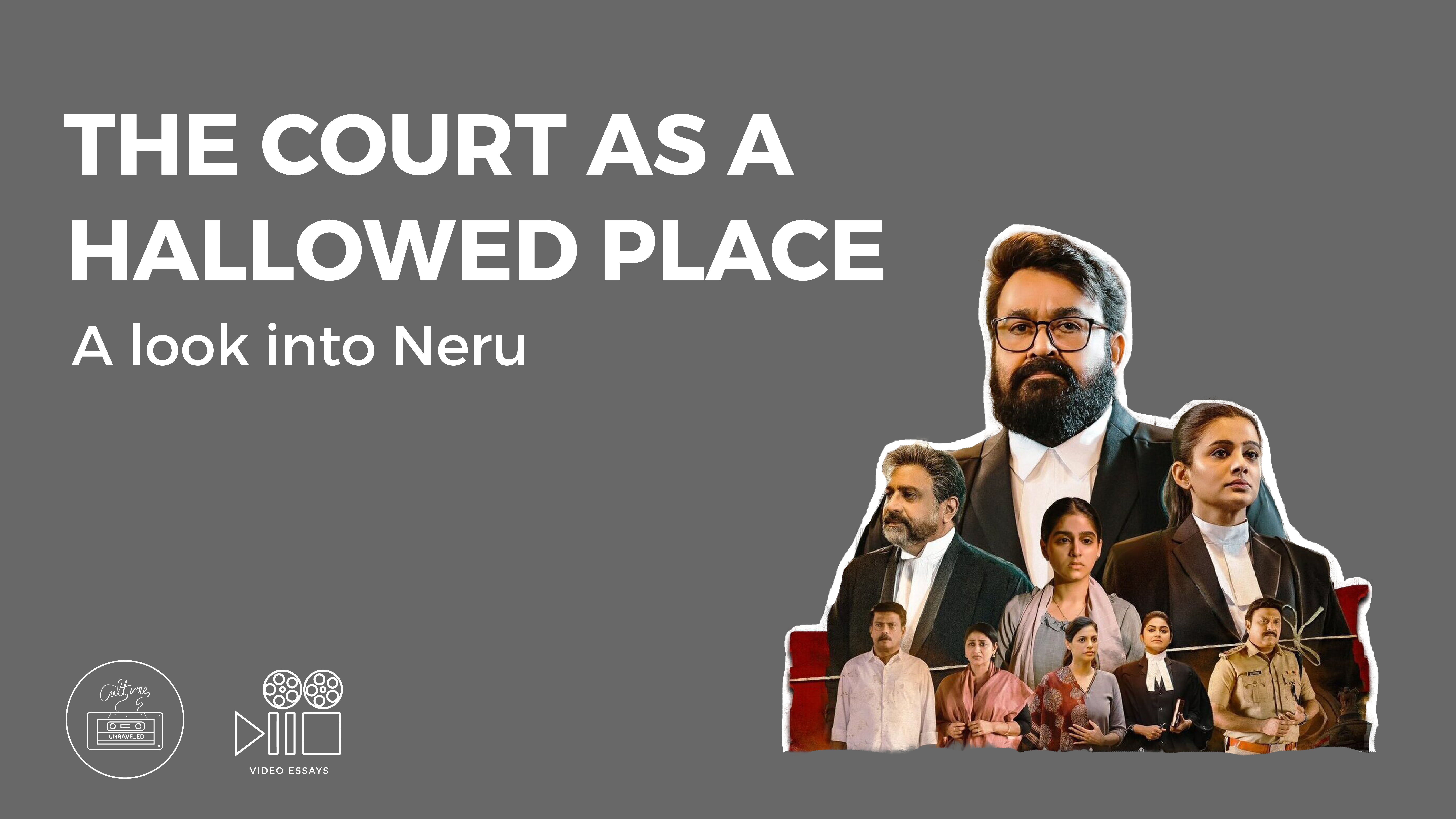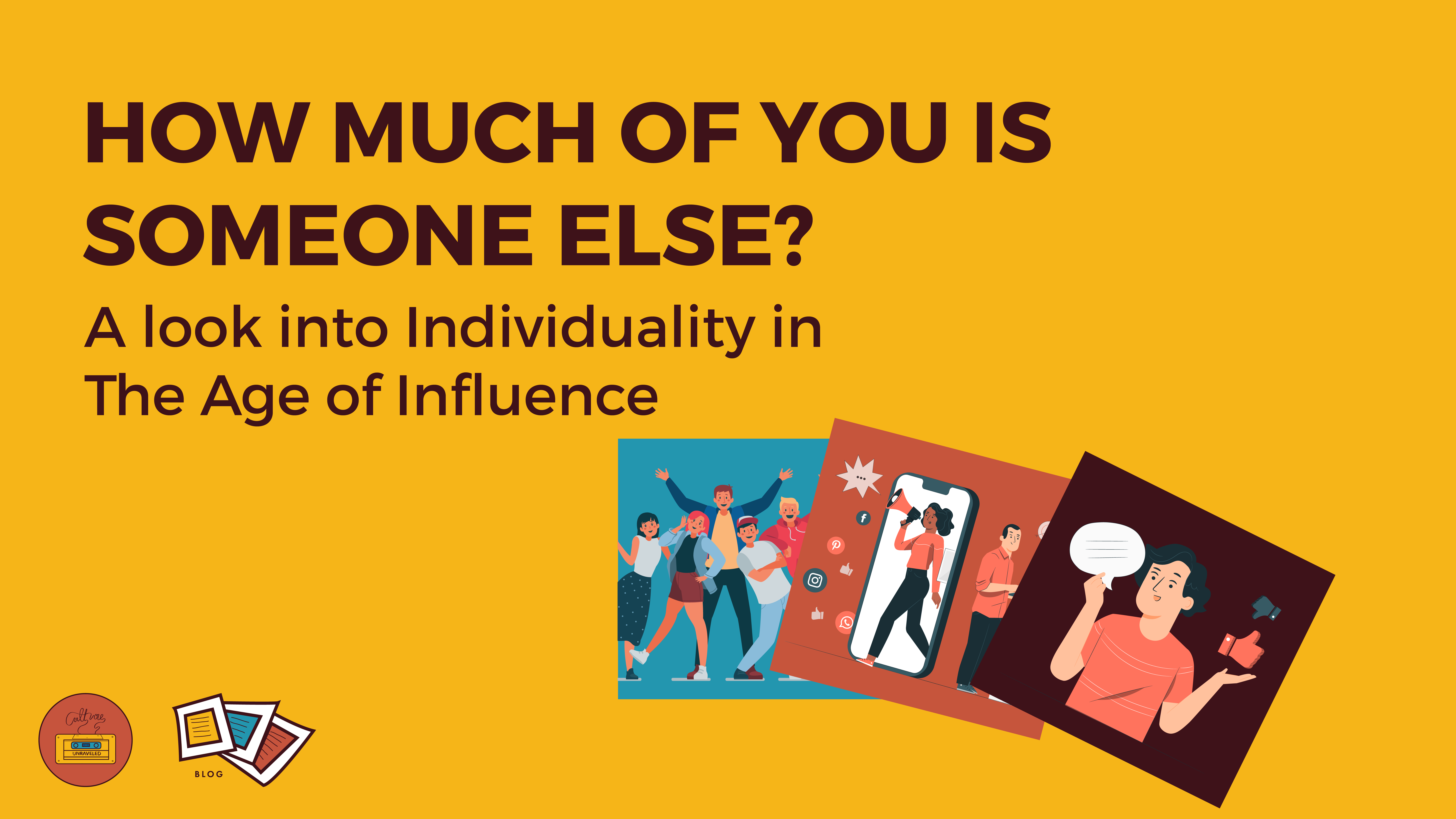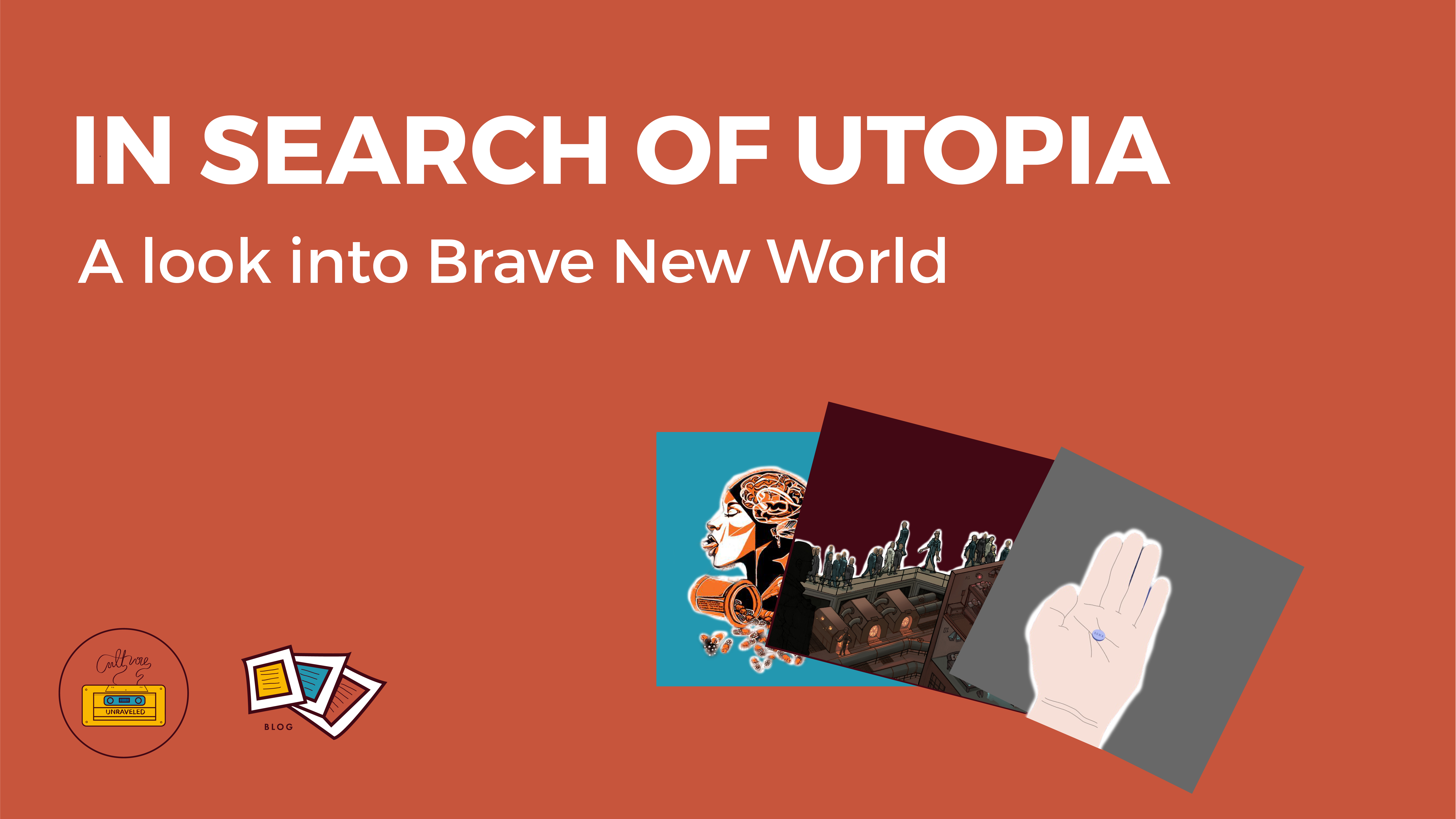
The quest for utopia or a perfect world is not a new phenomenon. Yet no other era anticipates it as much as we do in the 21st century. Our hope for a world in which truth, beauty, and goodness are not just distant, futuristic values, but those which govern our everyday lives, is not unrealistic. But should we wait for a utopian world in the distant future, or are we called to live in the new creation already set in place? In this blog, I consider this question by reflecting on Aldous Huxley’s Brave New World from a biblical perspective.
In the novel, Huxley portrays a socially stable, technologically driven, futuristic World State. In this world, humans are not born but engineered; they are not autonomous but conditioned, only to constantly pursue unrestrained happiness.
The plot develops with the initial protagonists, Bernard and Lenina, who are citizens of the World State. On one occasion, Bernard asks Lenina for a date to visit a Savage Reservation. Here they encounter a savage called John, another protagonist in the novel, whose world they find pretty revolting. John tells them of his life on the Reservation, in which he grew up listening to the stories of the World State.
Soon, as Bernard invites him to visit the World State, John experiences life in this utopian society and becomes increasingly disturbed by it. He neither understands Lenina’s promiscuous nature nor the citizens’ responses to his mother’s death and struggles to fight against their antagonism toward the life he values. But, in the end, he resorts to self-inflicted pain.
His public display of purifying himself through self-flagellation attracts citizens of the World State, who only end up in a frenzy-laden orgy. The scene’s intensity makes John participate, only to wake up the next day to find out what he had done. Overcome with anger and sadness at his capitulation to the World State, he hangs himself, and the curtains close.
In the novel, Huxley quite imaginatively portrays how the people of the World State experience gratification from every one of their hedonistic pleasures. He also explores the idea that they forego true freedom in pursuing unrestrained happiness. In contrast to this utopian world, Huxley portrays John’s world in which people are savages but have intimate kinships; they are uncivilized but have a sense of true freedom.
The plot thickens as the value systems of these opposite worlds collide. At this point, Huxley grips his reader’s attention with the glaring antagonism between the people of the World State and the Savage Reservation. He leaves his readers to decide which world is genuinely utopian and which dystopian.
While he does not give his perspective on utopia, Huxley enables the reader to think about it. As he confronts the reader with two worlds that oppose each other, he forces them to think about what value system characterizes a perfect world. Or, as we envision an ideal world, what values would drive our endeavors to achieve it? While his novel provokes us to think either of happiness or freedom as ideal values, I recommend a biblical perspective to answer this question, as it provides immense value to this human quest.
For a proper understanding of the biblical perspective and the value system that it provides, we must recognize that it shatters all earthly categories by which we envision a perfect world. It breaks the worldly perspective that technological advancements would inevitably achieve an ideal world. And it also shatters our assumptions that if we must have a new value system, it has to disconnect from the old completely.
The biblical perspective operates on an utterly different vision. And it gives us a new value system that restores the old values of human dignity and freedom. It allows us to hope for a restoration of the good world that God created in the beginning.
As the biblical perspective provides a vision of the resurrected Christ as an embodiment of the perfect world, it shifts our attention from hoping in human endeavors to achieve utopia to the new era Christ has already inaugurated. Through his resurrection, Christ defeated the final threat to our existence, which is death.
In doing so, he gave humankind hope for a new kind of existence. At the same time, this newness has already invaded our world because of the sheer reality of his resurrection. Christ invites us, through faith in His resurrection, to recognize that while we are new creatures with a new life, we do not fully comprehend it because He is yet to make all things new. Therefore, while a vision of the resurrected Christ allows us to envision a perfect world or a new life as he embodies it, we are called to choose to live in him until we are wholly made new.
But what shapes the values that enable us to live as humans who already embody Christ’s vision of a perfect world? In other words, what does it mean to live in the hope of all things being made new?
When a human idea of utopia governs the world, we treat life as a zero-sum game. It is possible to uphold ideal values such as happiness or freedom as the highest in such a world. Yet such ideals can become self-serving or cater to only one society at the expense of another.
But when God’s love and justice, displayed in Christ’s death and resurrection, govern the world, we can embody such love and live for the well-being of other people. Such a world operates on the fruits of God’s forgiveness and reconciliation with us. While individual happiness and freedom are necessary, only forgiveness and reconciliation with God will enable us to experience them fully.
And as we put our faith in God’s love and justice through the experience of His forgiveness and reconciliation, we become new humans created in God’s likeness and identified as His holy people. As new humans, we can forgive and receive forgiveness from others, thus securing joy and peace for ourselves and everyone around us. God gives us the status of being made alive in Christ and becoming God’s children. Therefore, we can live as those who embody the new life that Christ has inaugurated and the hope that He is making everything good again.
But despite the reality of God’s world invading ours and Christ’s accomplishment of beginning an era of new human beings and a new world, we still falsely anticipate a future utopia. Nevertheless, the reality of Christ’s resurrection and the new life He embodies is available to all who believe in Him. So, we fulfill our longing for a perfect world, not when we rest them on fanciful expectations for a utopian world, but when we choose to live as human beings created anew in God’s likeness and who are part of the new creation that Jesus Christ has begun.
Author: Roselina Vundi

